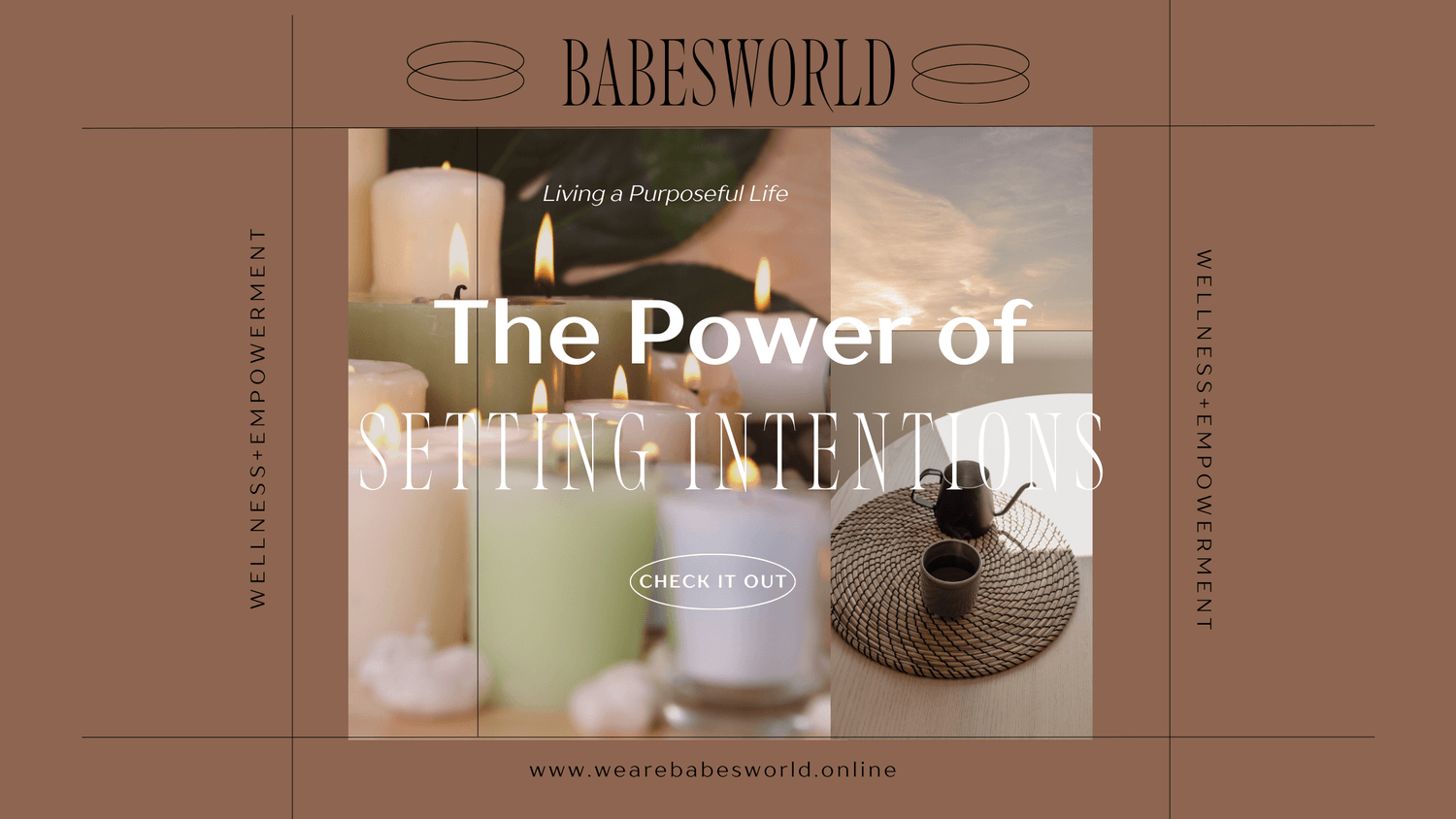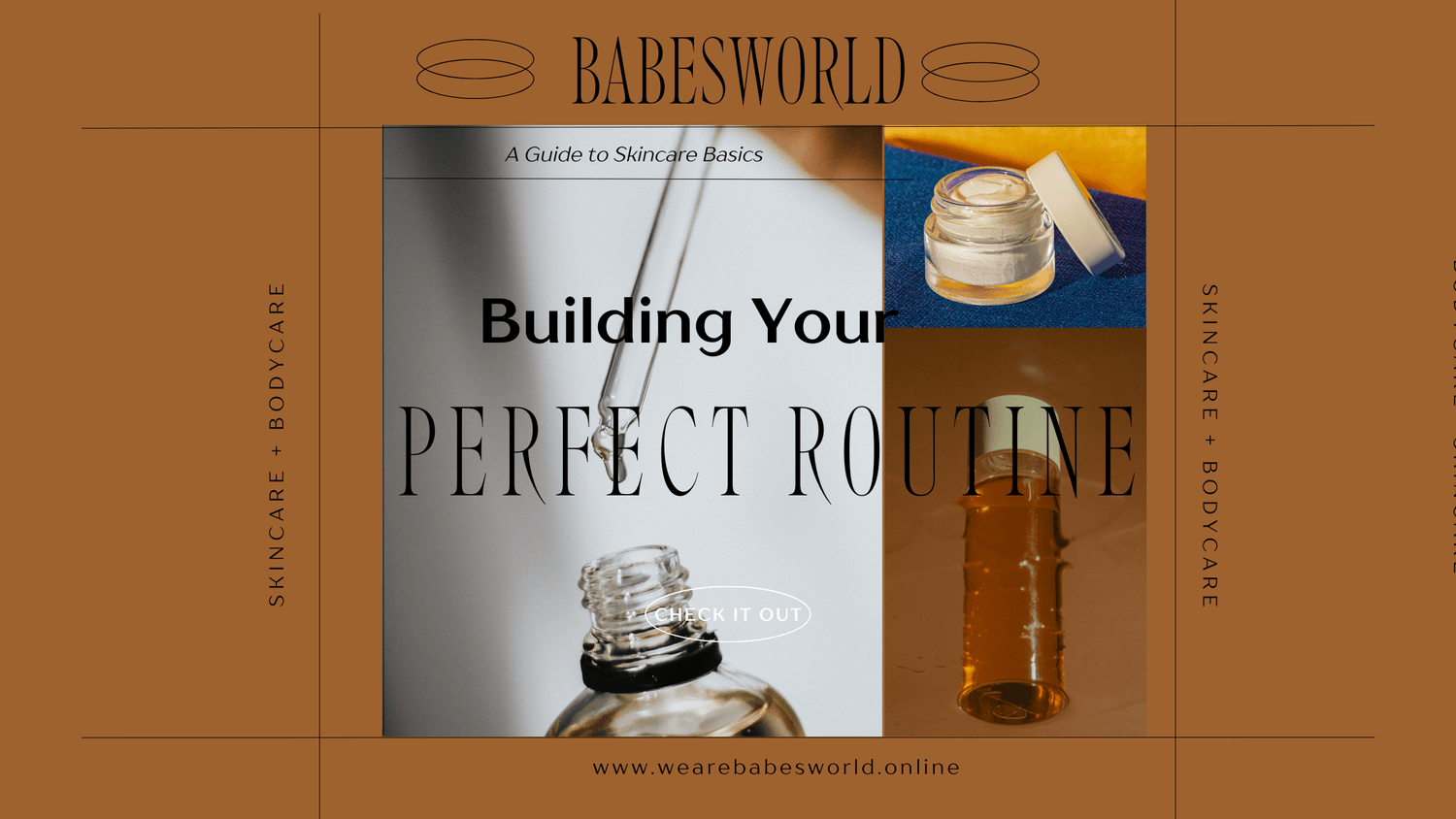In a world filled with constant distractions and ever-changing demands, routines can be a powerful tool for maintaining balance, productivity, and well-being. Whether you’re trying to improve your mental health, stay on top of personal goals, or simply manage daily responsibilities, having a structured routine can make all the difference. Here’s why routines are so important, backed by scientific insights and expert opinions.
Improved Mental Health and Stress Reduction
Having a daily routine can significantly reduce stress and improve mental health. Routines provide structure and predictability, which help to alleviate anxiety. When you know what to expect from your day, it’s easier to manage time and avoid the overwhelm of unplanned tasks.
According to a study published in Lancet Psychiatry, regular daily routines—such as consistent wake-up times, meal times, and social interactions—are linked to better mental health outcomes, including lower levels of depression and anxiety. When you stick to a routine, your mind can focus on one thing at a time, reducing the mental clutter and decision fatigue that often leads to stress.
Boosts Productivity and Focus
One of the greatest benefits of having a routine is increased productivity. By organizing your day, you can allocate time to specific tasks without wasting energy on deciding what to do next. Routines help prioritize essential activities, ensuring that the most important tasks get done while leaving time for rest and self-care.
Psychologist Roy Baumeister found that willpower is a limited resource. When we make too many decisions throughout the day, we experience "decision fatigue," leading to poorer choices as the day progresses. A routine reduces decision-making by making daily tasks habitual, leaving more mental energy to focus on important work.
Better Sleep Patterns
A consistent routine is closely linked to improved sleep quality. Sleep experts suggest going to bed and waking up at the same time every day to regulate your internal body clock. Regular sleep patterns make it easier to fall asleep and wake up refreshed, which in turn impacts your mood, cognitive function, and overall well-being.
Research published by the American Academy of Sleep Medicine shows that people with irregular sleep schedules are more likely to experience insomnia, fatigue, and difficulty focusing during the day. By creating a consistent bedtime routine, like winding down with relaxing activities or turning off screens an hour before bed, you can promote better rest and overall health.
Encourages Healthy Habits
Routines provide the perfect framework for building and sustaining healthy habits. Whether it's exercising, eating balanced meals, or practicing mindfulness, routines help incorporate these habits into daily life. With repetition, these activities become automatic, reducing the effort it takes to maintain them.
A study published in the European Journal of Social Psychology found that it takes an average of 66 days to form a habit. The more you incorporate positive activities into your routine, the easier it becomes to maintain them in the long term. Setting aside specific times for meal prep, exercise, or relaxation can ensure these health-supporting habits stick.
Promotes a Sense of Accomplishment
Completing daily tasks according to a routine can bring a strong sense of accomplishment. Crossing items off a to-do list, no matter how small, activates dopamine pathways in the brain, leading to feelings of pleasure and reward. A routine breaks down larger tasks into manageable steps, allowing you to stay motivated and feel productive throughout the day.
When you stick to a routine, you can visibly track your progress. This not only fosters confidence but also encourages you to keep moving forward, even when challenges arise.
Supports Long-Term Goals
Routines aren’t just about getting through the day—they help you work toward long-term goals. Whether you're aiming to improve your fitness, build a business, or nurture relationships, routines offer the discipline needed to achieve sustained progress. By consistently dedicating time to the things that matter, you build momentum toward success.
Charles Duhigg, author of The Power of Habit, explains that routines serve as the backbone for habit formation, which in turn drives long-term change. Your daily actions compound over time, and routines ensure that you’re steadily working toward what’s most important to you.
How to Build a Routine That Works for You
While routines are highly beneficial, it’s essential to create one that works for your individual needs and lifestyle. Here are a few steps to get started:
Start small
Incorporate one or two new habits at a time. Gradually add more as you become comfortable
Be flexible
Life happens, and routines can be adjusted. The key is to find a rhythm that works for you while maintaining consistency.
Prioritize self-care
Make sure to include activities that nurture your well-being, such as exercise, relaxation, or hobbies.
Review and revise
Periodically assess your routine to see what’s working and what could be improved. Be open to making changes when necessary.
In Conclusion...
Having a routine is about more than just staying organized—it’s about improving your mental and physical health, fostering productivity, and setting yourself up for long-term success. By incorporating intentional habits and structure into your daily life, you create a foundation for thriving in all areas of well-being. Whether it’s reducing stress, improving sleep, or building healthier habits, a routine is a powerful tool for living a more balanced, fulfilling life.
Sources
1. Lancet Psychiatry - "Daily Rhythms and Mental Health"
2. Roy Baumeister - "Willpower: Rediscovering the Greatest Human Strength"
3. American Academy of Sleep Medicine - "The Importance of Consistent Sleep Patterns"
4. European Journal of Social Psychology - "Habit Formation and Behavior Change"
5. Charles Duhigg - The Power of Habit
Categories
Newsletter
Babes only deserve the best- join our quarterly newsletter to get the latest Babe Buzz. Rest assured, your inbox is safe with us—no spam, only valuable content to help you be the best Babe you can be ✨
Created with ©systeme.io





